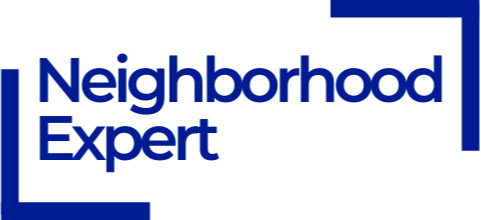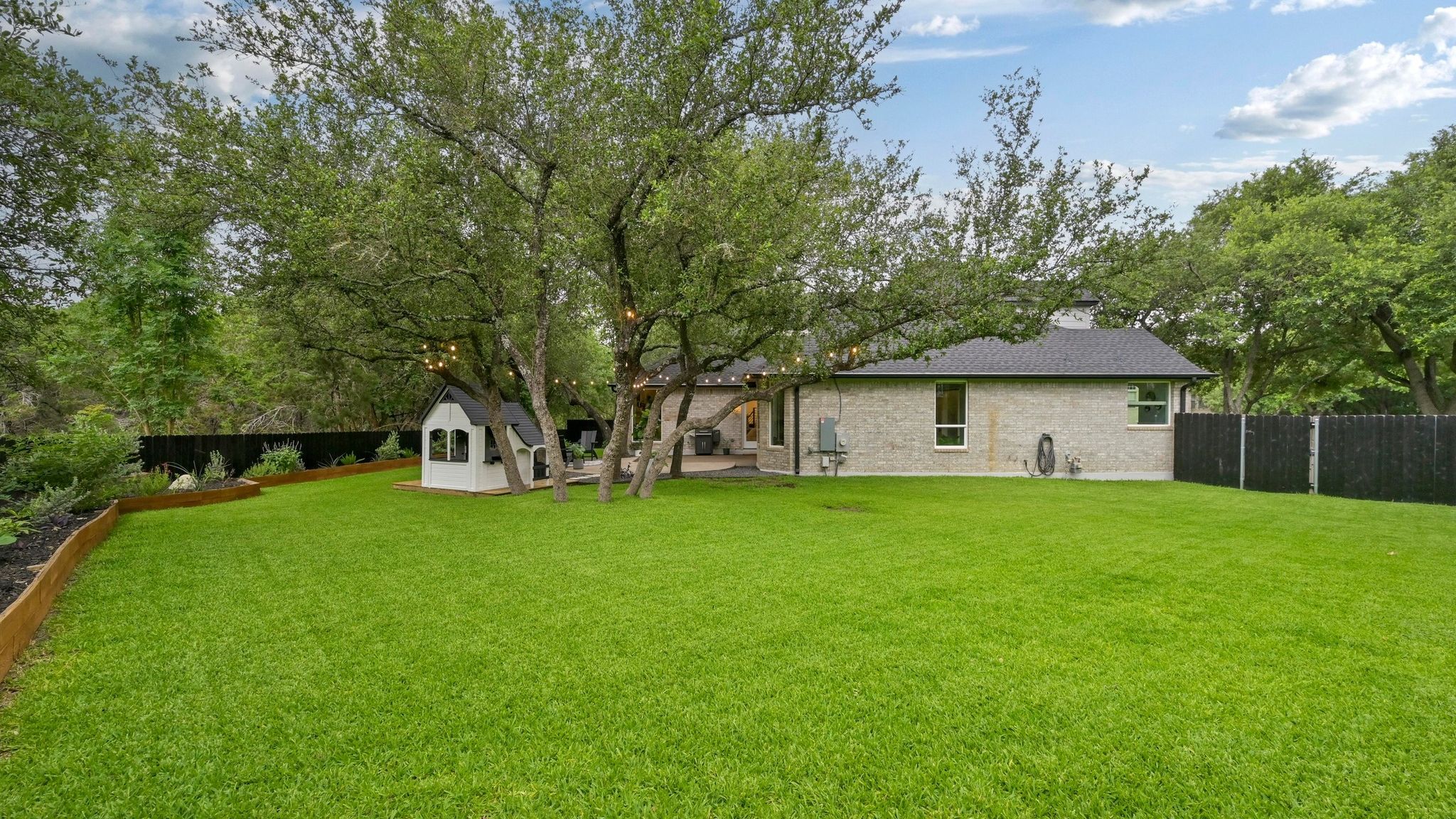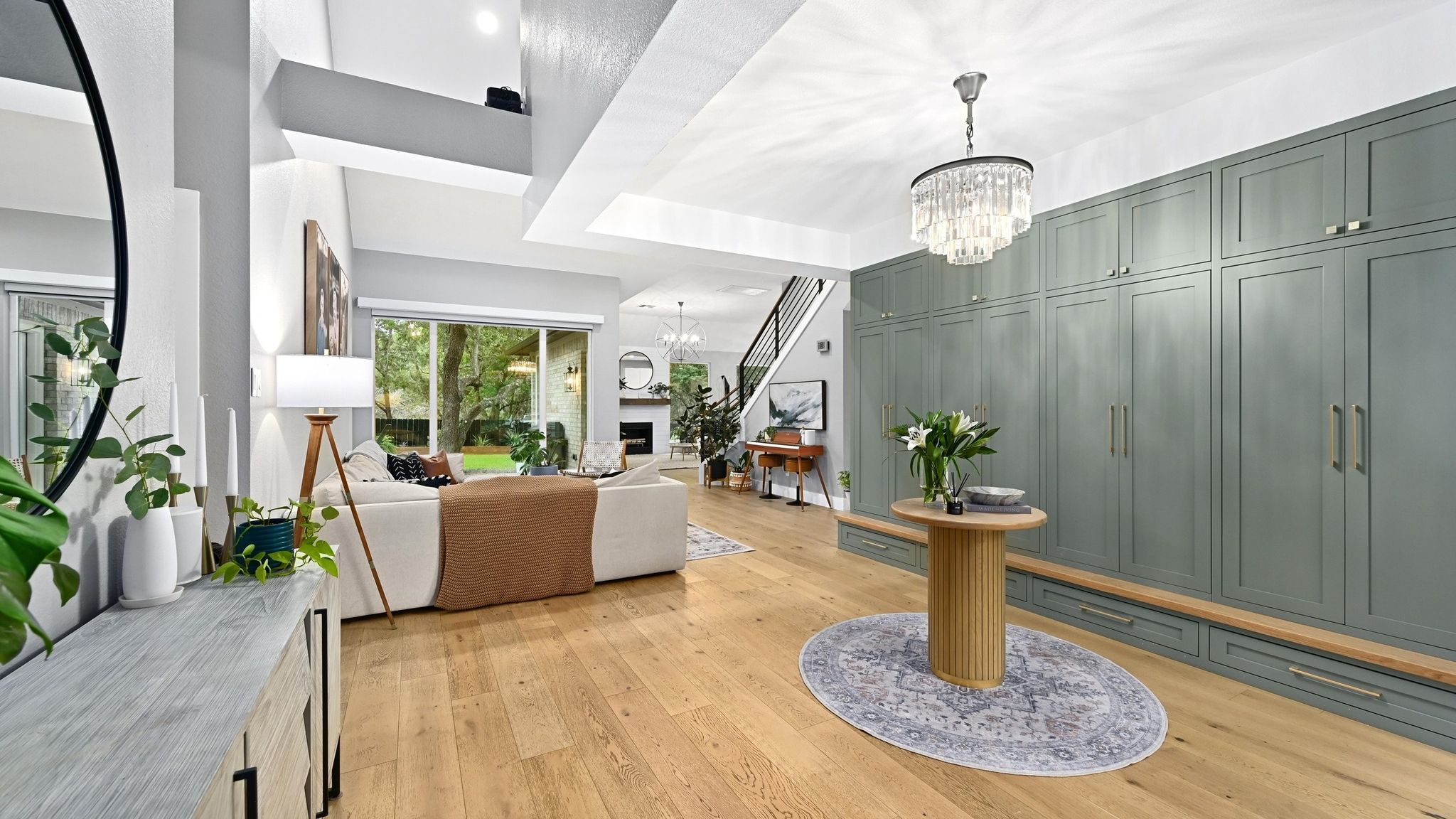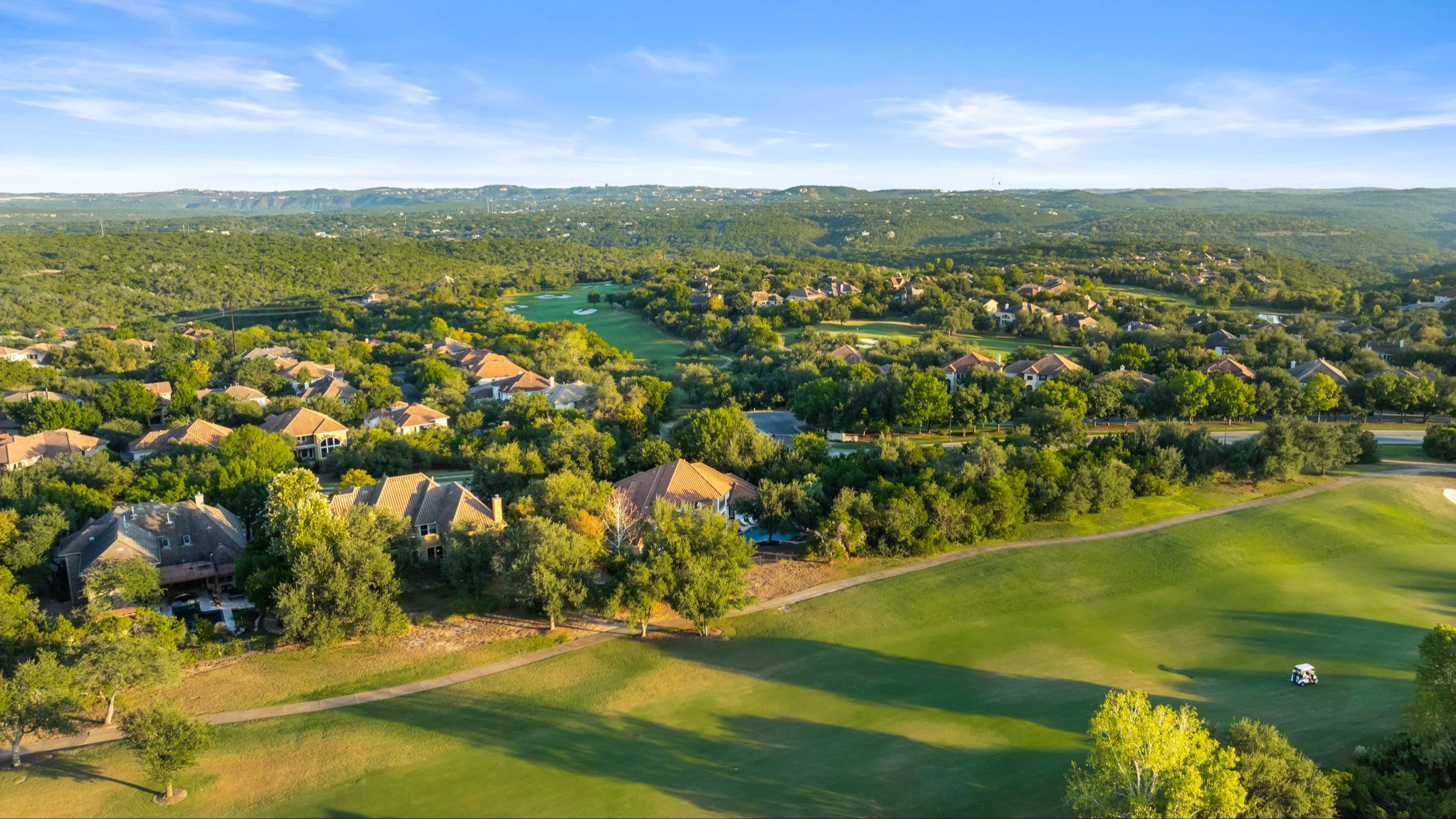How to Turn Social Media Posts Into Real Conversations With Buyers & Sellers
Oct 08, 2025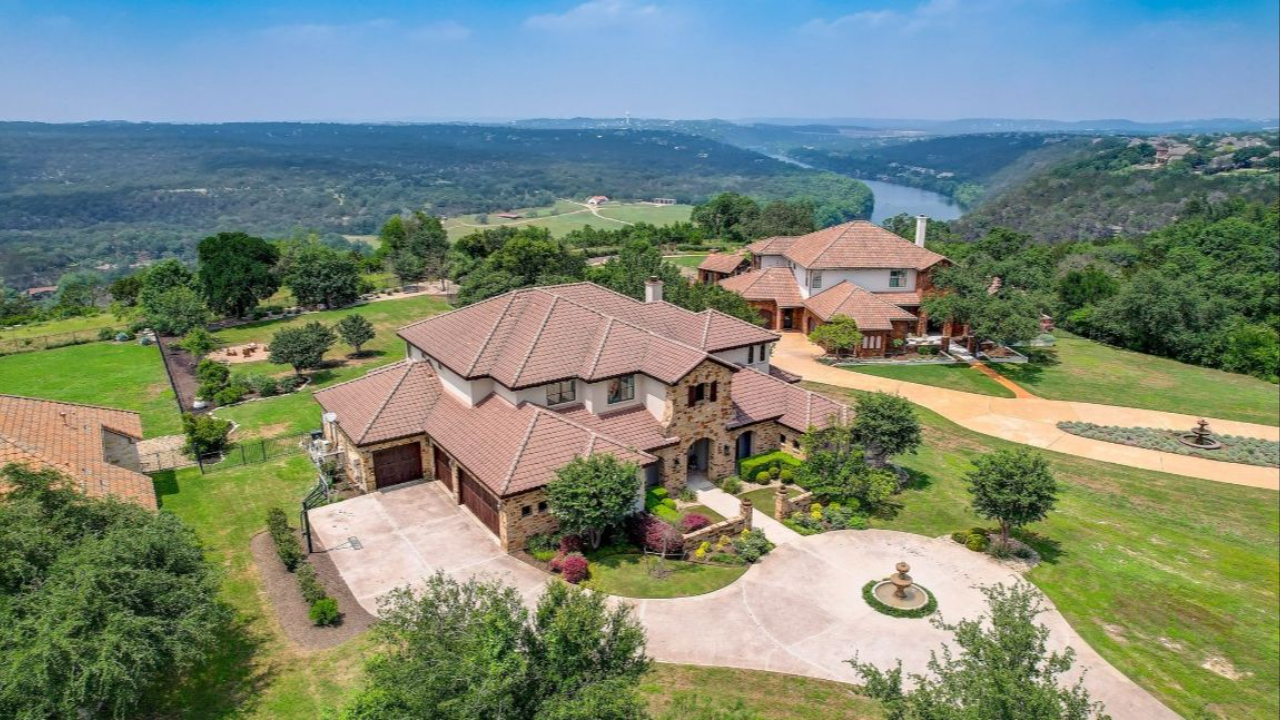
How to Turn Social Media Posts Into Real Conversations With Buyers & Sellers
Most agents post on social media because they feel like they have to. They share listings, stats, or a few personal photos—but rarely see anything come from it. The problem isn’t effort. It’s focus. When your content speaks to everyone, it connects with no one.
In the Neighborhood Expert System (NES), social media isn’t about going viral or chasing engagement. It’s about building recognition with the exact people who live where you want to sell homes. This post shows how local, consistent content can spark real conversations with buyers and sellers—and how to make every post part of a bigger, connected system.
Why Most Agents’ Social Media Doesn’t Work
Social media platforms reward frequency, but not every post is worth repeating. The truth is, most real estate content looks identical—just sold graphics, market stats, and generic home tips. These posts might get a few likes, but they don’t build trust or curiosity.
- Too broad: “Austin real estate is hot right now!” applies to everyone—and no one.
- Too salesy: Constantly pushing listings makes people tune out.
- Too random: Posting whatever feels right that day creates no lasting story.
To start real conversations, your social presence needs one thing above all: specificity. That means consistent posts that connect to one neighborhood, one message, and one identity that people recognize.
What NES Teaches: Familiar Beats Famous
In NES, we teach that familiar beats famous. You don’t need to reach the whole city—you just need to be seen consistently by the people in your target neighborhood. That’s how conversations start naturally, without pressure or cold outreach.
- Neighborhood context: Use local parks, schools, and landmarks in your visuals.
- Consistent tone: Speak like a neighbor, not a salesperson.
- Value over volume: Post fewer things that actually matter to homeowners nearby.
Over time, that familiarity compounds. Someone recognizes your voice from social media, sees your sign at an open house, and starts following your updates. The conversation starts long before they reach out.
Turning Posts Into Conversations
Here’s how NES agents turn their posts into real dialogue—not through gimmicks, but by aligning their content with what’s actually happening in their market and their week.
1. Share What You See, Not What You Sell
Instead of promoting listings, share insights from what you notice in the neighborhood: new construction, changing buyer preferences, or updates from a local school. These posts start comments and DMs because they’re grounded in observation, not sales.
2. Pair Online and Offline Touchpoints
When someone comments or likes a post, connect it to a real-world opportunity. If they engage with an open house clip, follow up by inviting them to another event nearby. Every post should have a quiet next step—something that moves from screen to conversation.
3. Keep the Message Consistent Across Channels
Your posts should echo the same message your other marketing carries. When your YouTube ads, direct mail, and social content reinforce each other, people start recognizing your brand before they ever reach out. That’s when conversations flow naturally—because trust has already been built.
What to Post: Local Content That Builds Recognition
You don’t need viral trends or complicated production. The best social media for real estate agents shows what life looks like in the area you serve. These ideas come directly from how NES agents build familiarity each week.
- Neighborhood walkthroughs: Quick clips of parks, schools, or trails that locals instantly recognize.
- Market moments: A short video explaining what’s happening in your neighborhood market right now—not citywide trends.
- Behind-the-scenes: Setting up for an open house, delivering a mailer, or previewing homes off-market.
- Educational snippets: Tips about buying or selling specifically in your area—like HOA rules, builder differences, or pricing insights.
When your posts match what people actually see and care about, they start connecting those dots in real life. “Oh, I saw that on your page” becomes the easiest conversation starter in real estate.
Why Consistency Matters More Than Creativity
You don’t need to post every day, but you do need to show up regularly. Consistency builds familiarity. One great video won’t do much—but a year’s worth of steady, local presence will make you the first person people think of when real estate comes up.
In NES, consistency is built across six pillars: open houses, off-market outreach, social media, YouTube ads, direct mail, and email. Each supports the others. Your social posts make the rest of your marketing more effective because they give people a human connection to your brand.
Connecting Social Media to Your Other Marketing
Social media shouldn’t live on an island. It’s part of a system that works together to create recognition, trust, and conversations that turn into listings.
- Open Houses: Share short clips before the weekend to build curiosity and familiarity. Then, when visitors show up, they already feel like they know you.
- Off-Market Outreach: When you email homeowners about potential buyers, include your social handles so they can see your activity in the neighborhood.
- YouTube Ads: Use the same visual tone and language in your social posts. When people see you in multiple places, the message sticks.
- Direct Mail: Highlight your social content in mailers—“Follow for weekly neighborhood insights.” It connects offline marketing to online visibility.
- Email: Recap your most useful posts in your weekly email to keep your audience engaged and informed.
That’s how recognition compounds. One channel introduces you, another reminds people, and eventually, someone reaches out because you’ve stayed top-of-mind the whole time.
How to Know Your Social Media Is Working
Real success isn’t measured in likes. It’s measured in recognition and conversation. You’ll know your local social content is working when you start hearing phrases like:
- “I see your videos all the time.”
- “I’ve been meaning to reach out—I keep seeing you around.”
- “You seem to know everything happening in our neighborhood.”
Those comments are proof that your message is sticking. From there, your other systems—open houses, outreach, and email—turn recognition into real clients.
FAQs
How often should I post?
At least a few times per week. What matters most is regularity and relevance—your audience should feel like you’re part of the neighborhood conversation.
What platforms work best?
Focus where homeowners actually spend time: Instagram, Facebook, and YouTube Shorts. You don’t need to be everywhere—just consistent where your community is active.
Should I boost my posts?
Boosting can help with visibility, but only when your content is already neighborhood-specific. Never boost generic tips or citywide stats—focus on hyperlocal posts.
What if I don’t like being on camera?
You can still share valuable local content through photos, captions, and updates. The key is to stay visible and recognizable, even without video.
How long before I see results?
Social media recognition compounds slowly. Expect to see signs of traction—comments, DMs, familiar faces at open houses—within a few months of consistent posting.
About the Author
Matt van Winkle is the founder of the Neighborhood Expert System (NES) and a top real estate agent in Austin, Texas. He teaches agents how to build real conversations and local recognition through consistent, neighborhood-based marketing—without chasing trends or gimmicks.
Final Takeaway
Social media for real estate agents works when it feels like it belongs in the neighborhood. The goal isn’t to entertain the internet—it’s to be recognized by the people who live where you work. Every post is a quiet reminder of your presence, expertise, and approachability. Over time, that’s what turns followers into clients.
Explore how all six NES pillars work together to build your neighborhood authority on the Neighborhood Expert System page.
